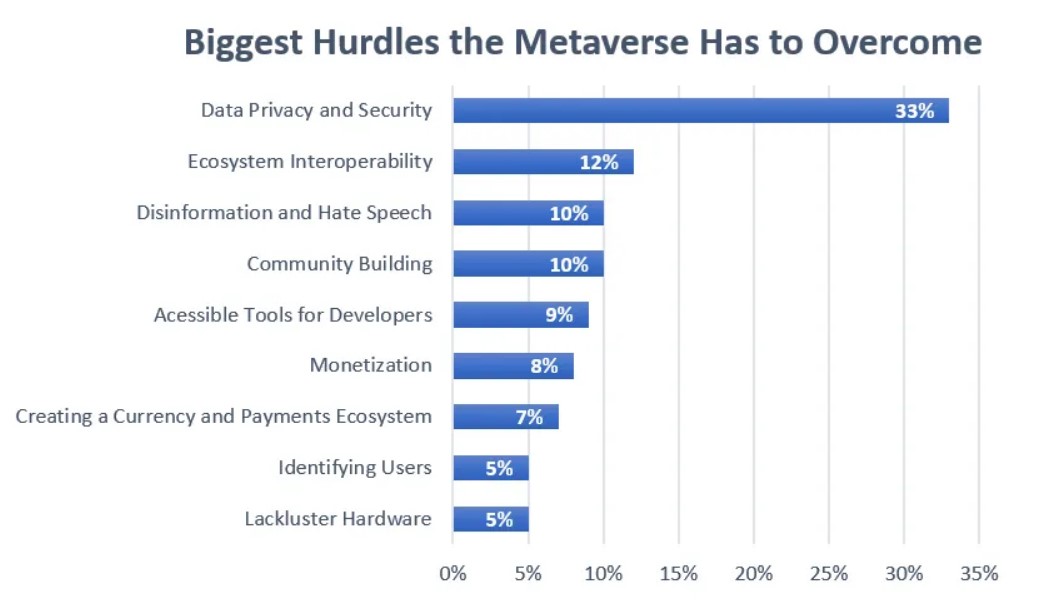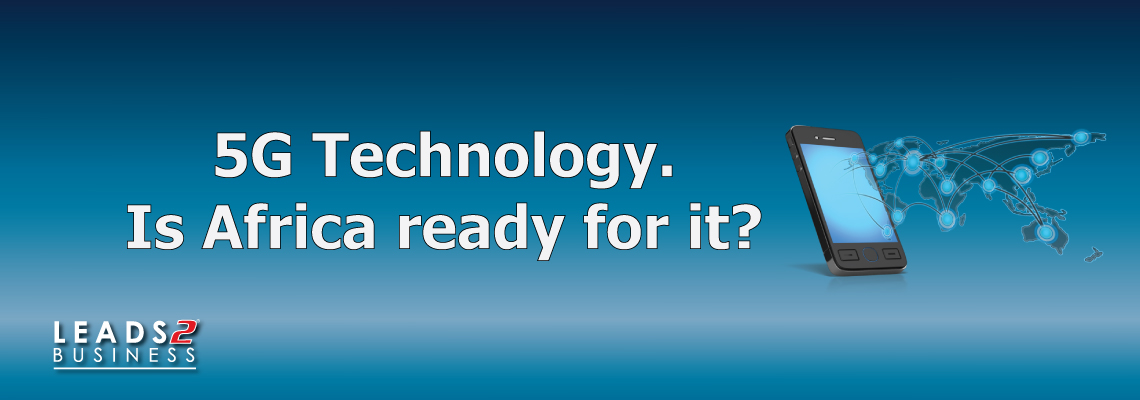
What is the Metaverse?
We currently consume the internet predominantly in 2D forms like mobile devices, PCs, TVs, wearables and other connected devices.
The “metaverse” is essentially the next, 3D version of the internet, a virtual universe that can be experienced like the real world. Technologies such as virtual reality (VR), augmented reality (AR), mixed reality (MR), and their developing successors extended reality (XR), NFTs, AI, 3D design, holography, IoT, 5G and 6G, cloud and edge tech assemble to make up the metaverse.
Leading metaverse companies in 2022 include Meta, Roblox, Microsoft, The Sandbox, Nike, Google, Amazon, Snapchat, Apple and Autodesk. Games like Fortnight and Minecraft have also incorporated some parts of the Metaverse giving us a brief idea of what it will look like in future.
Metaverse Practicality
Global revenue opportunity in the metaverse is set to reach as much as $800 billion by 2024 alone according to Bloomberg.
The Metaverse has the potential to revolutionise almost every industry with major implications for how we collaborate and work together. Key players benefitting from and creating this world will be those in the Architecture, Engineering, Building, Construction and Property industries. Examples include city co-development and co-design, as seen in Singapore, or enhanced city development initiated by the University of Pretoria.
Some of the workflows that have already been impacted by using VR and AR and will be significantly impacted in the future include:
- Remote Collaboration
- Planning & Design
- BIM Coordination
- Analytics
- Forecasting
- Simulations
- Finalising
- Presentations
Using digital tools like CAD and BIM is not something new to construction and although simple 3D models could take hours of detailed manual input, 3D modelling remains very efficient and productive while also aiding in the ability to analyse environmental changes
In addition, virtual construction sites can also remain structurally sound and protected from natural causes in contrast to their real-world counterparts. There are no restrictive physical laws like zoning and also an endless supply of resources. The possibilities are essentially endless for those wanting to unleash their creativity plus people and businesses are already willing to pay large amounts for land in metaverse so theirs a lot of potential to make money.
Metaverse Hurdles
One of the biggest hurdles the Metaverse has to overcome is data privacy and security, can this be overcome? Only time will tell. Some others also include:

Conclusion
Professionals in the Building and Construction and related industries will be at the fore of metaverse and digital twinning adoption using immersive models to present their concepts to developers/owners/investors. Potential clients will have the ability to walk through virtual representations of their real-world physical system to understand all the design aspects and increase overall efficiency in the building processes. In addition, Virtual real estate will relate to large investments and the potential for even larger profits. Digitally these virtual sites will need development and the same professionals we employ on physical construction sites will be required to build and design a virtual dream home, office, mall, hospital or stadium.
The metaverse will open a world of possibilities for the built environment changing the way projects are developed from conceptual to completion. This will include cultivating new skills and perspectives on both 3D and Digital technology which will lead to new job opportunities for professionals. What could go wrong?
Sources:
Glaholt
ZDnet
The Wild
EY
Constructible
World of Porr
HW
Construct Konnect
To view more Articles, please visit our Leads 2 Business Blog.
If you are interested in becoming one of our subscribers, please visit Leads 2 Business.
To view notes with screenshots on how to use our website, please visit Leads 2 Business Wiki.
About Sasha Anderson
Millennial Mom + wife living the hash-tag life. Reach out if you want to talk: L2B, social media, construction, technology, marriage, parenting, popular culture and travel. Remember: If You Fail - Fail Forward
- Web |
- More Posts(257)


